WEF Global Risks report highlights the need for organisations to understand how they can identify and respond to threats, says Nathan Skinner
The world is in no position to face “new shocks” being significantly weakened as it is by the fallout from the financial crisis, warned the World Economic Forum’s (WEF) latest global risk analysis.
Thirty seven interconnected global risks were identified by the WEF and its partners. These risks (along with their interconnections) are illustrated in the graphic above.
Five of the most challenging risks are:
>Cyber security issues
>Demographic challenges
>Resource security issues
>Retrenchment from globalization
>Weapons of mass destruction
In a rather alarming prognosis the WEF identified the significant links between economic, political, environmental and social problems but suggested that government and society is less able than ever to deal with them.
If that is true then there is surely more emphasis on the private sector to manage these risks rather than relying on governments to step in and restore stability. It’s certainly true that economic and fiscal crises have severely constrained what Western countries can do to prop up their economies.
The WEF also highlighted the biggest paradox of the 21st Century, which is that as the world grows together it is also growing apart.
Globalisation has made the world more interconnected and interdependent. But politically speaking there are signs of resurgent nationalism and populism.
To meet these challenges we need strong global governance frameworks. Yet conflicting interests and differences of opinion are proving to be major stumbling blocks.
Take the failure in global governance witnessed at the Copenhagen Climate Summit in December 2009, where no agreement on the right course of action to tackle climate change was reached.
Given the complexity of the risk landscape and the apparent difficulty in predicting risk scenarios one thing that organisations may want to focus more attention on is risk resiliency.
Rather than trying to identify the specific scenarios in which risks materialise, resources may be better spent understanding what your organisation can do to make sure it survives.
Try to understand how a risk could impact your business rather than creating the perfect risk register. It is one thing that companies need to do a better job of, says Alex Wittenberg, a management consultant with Oliver Wyman, which partnered in the research.
The rapid spread of risks worldwide as a result of this interconnectedness was another feature highlighted by the report. If that is true then risk management systems need to be equally rapid at identifying and responding to threats.





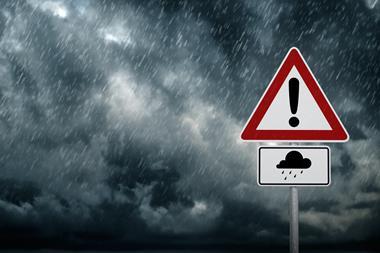
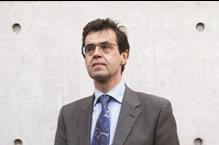

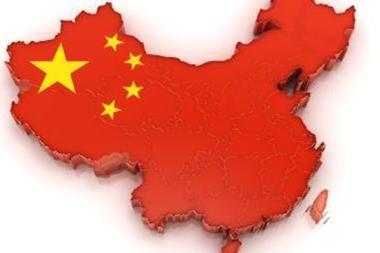
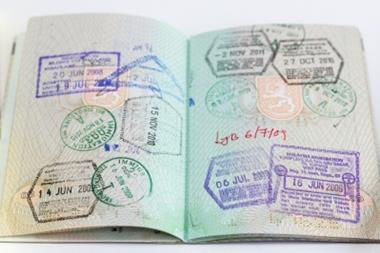
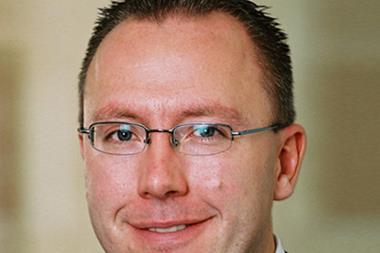









No comments yet